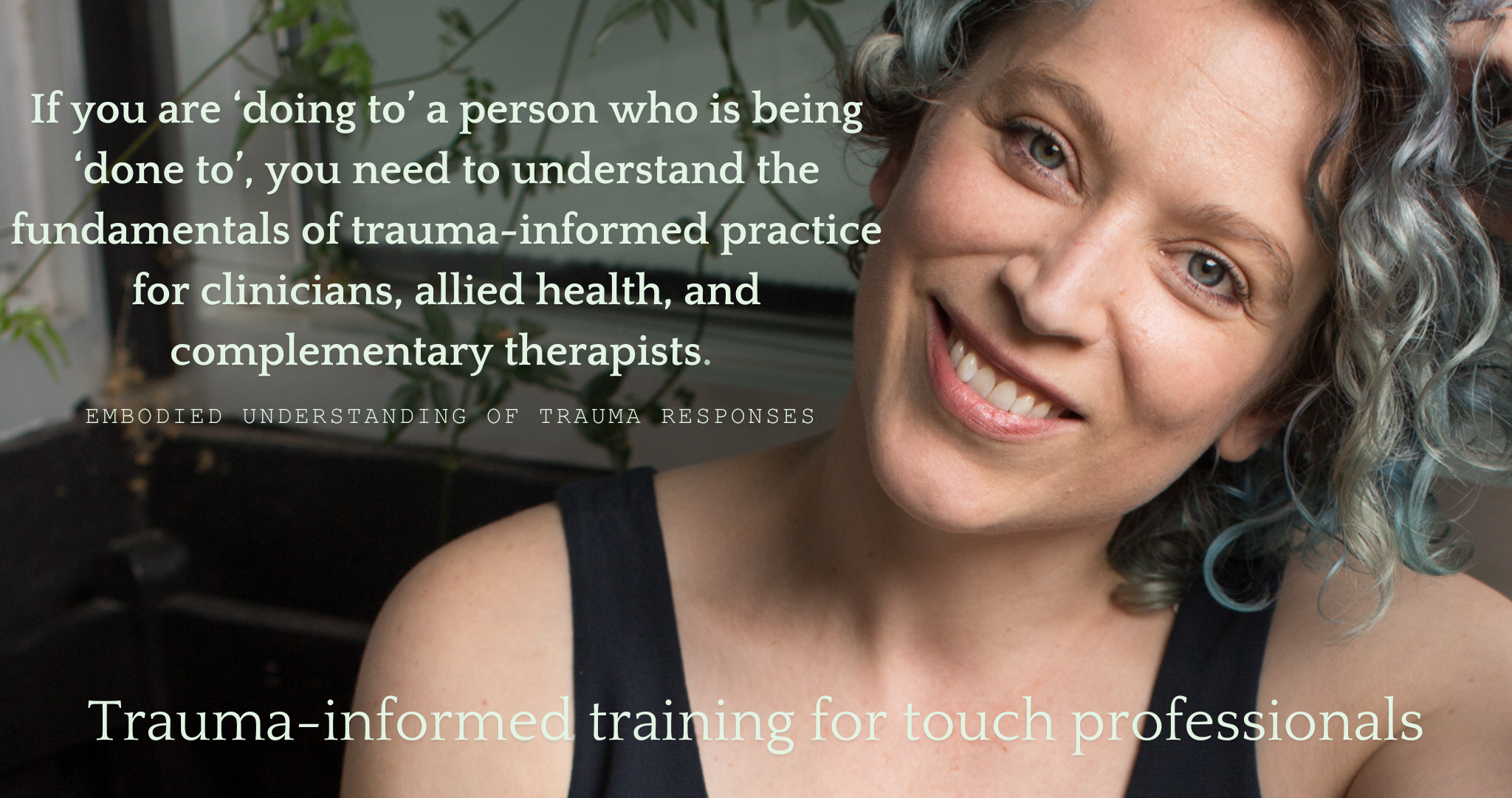What to expect
This training takes place online, over three x 3 hour sessions, held one week apart. This allows for learning to integrate in between classes, as you implement it in your life and practice.
____________________________________________________
You will receive a Supplementary Course Handbook 48 hours before the start of the sessions. You are not required to read it all before the sessions, but you may if it suits your learning style. We will refer to in session so printing may be beneficial. It is yours to keep and revisit and support your learning.
_________________________________________
As this is an interactive training, not a webinar, we ask all participants to intend to have their cameras on, to the degree this is comfortable for you. If you need to take space off screen, this is also welcome. You will be invited to engage in small group activities, so far as you feel comfortable to do so. No one will be asked to do anything they do not want to.
_______________________________________________
The facilitator, Jules, will be available for 15 minutes after each training session should any participants wish to debrief their experience of the content.
What participants say...








